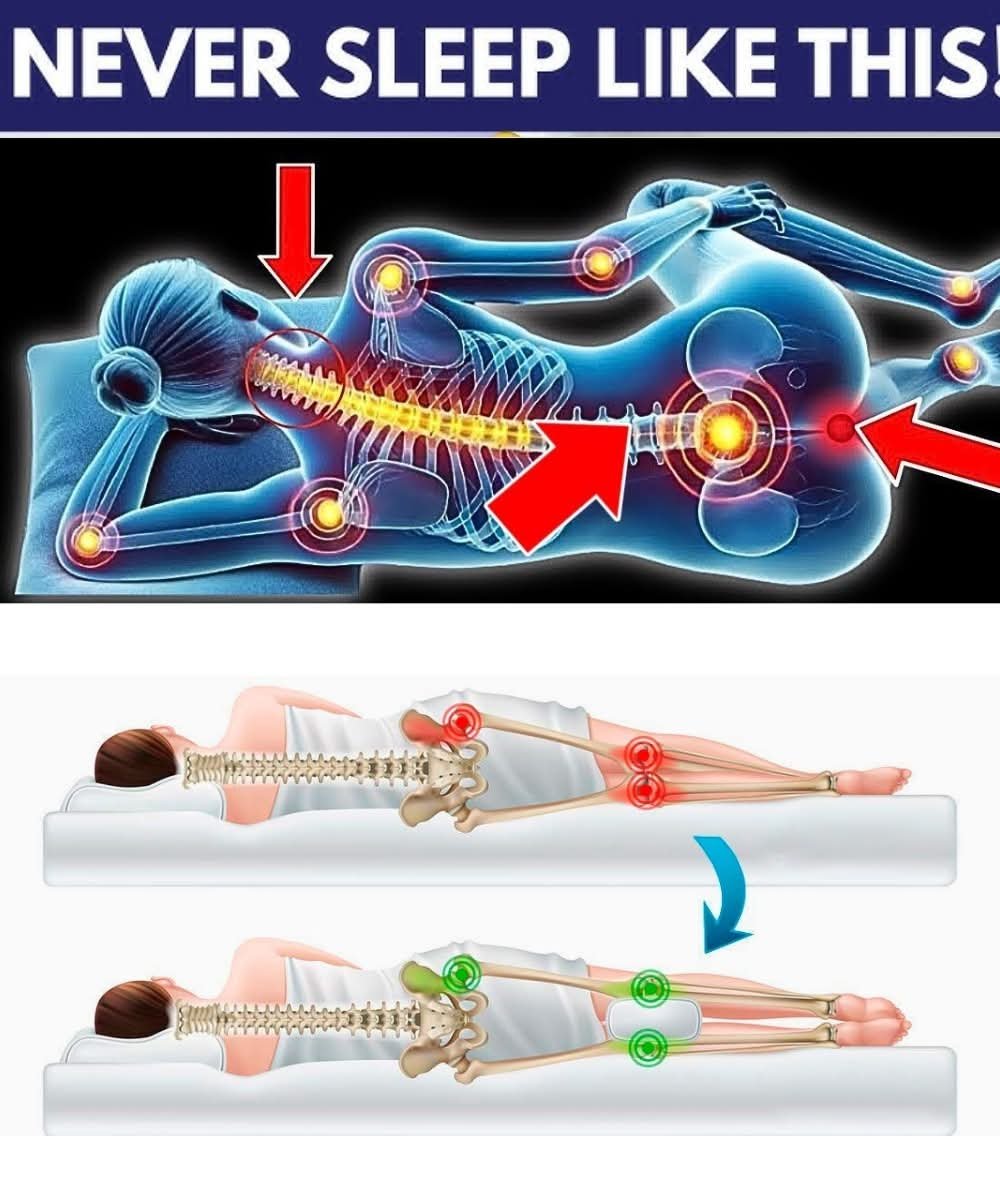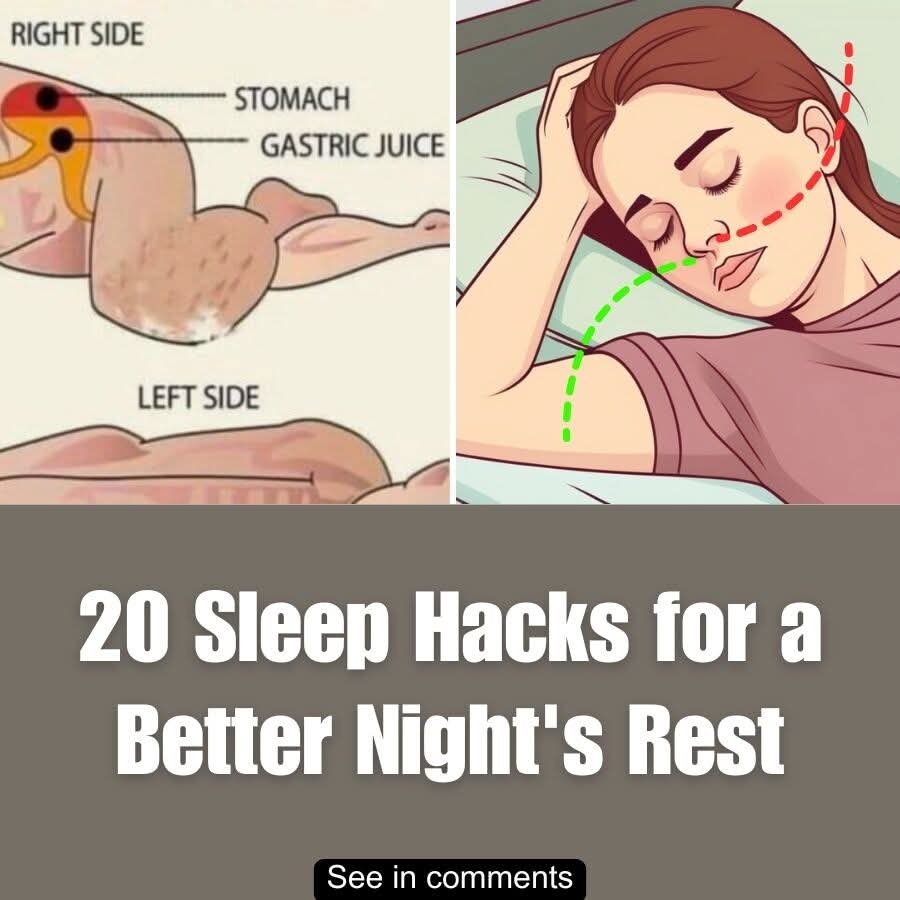SENIORS! Avoid These 7 DEADLY Sleep Habits Immediately 😴❌ (And What To Do Instead)

As we age, getting a good night’s sleep becomes more than just a comfort — it becomes critical to your overall health. But many seniors unknowingly fall into sleep habits that do more harm than good. These silent habits can increase the risk of heart issues, memory loss, and even falls.
Let’s explore the most dangerous sleep mistakes — and how to fix them for healthier, safer rest.
1. Sleeping With the TV On 📺❌
The blue light from screens suppresses melatonin, the sleep hormone. This keeps your brain alert when it should be winding down.
✅ Instead: Use a dim lamp and turn off all screens at least 30 minutes before bed. Try reading or soft music.
2. Skipping a Set Bedtime 🕰
Irregular sleep times confuse your internal clock, making it harder to fall asleep and wake up naturally.
✅ Instead: Stick to a consistent schedule, even on weekends.
3. Drinking Fluids Right Before Bed 🚽
Nighttime trips to the bathroom break deep sleep and increase the risk of nighttime falls.
✅ Instead: Drink most of your fluids earlier in the day and limit intake 2 hours before bed.
4. Taking Long Naps During the Day 💤
Long naps (over 30 minutes) can disrupt your ability to fall asleep at night.
✅ Instead: Limit naps to 20–30 minutes in the early afternoon.
5. Relying on Sleeping Pills Too Often 💊
While occasional use might help, regular sleeping pills can cause dependency and grogginess.
✅ Instead: Use natural methods like chamomile tea, meditation, or light stretching.
6. Sleeping in a Cluttered or Unsafe Room 🪑
A messy bedroom increases stress and, worse, creates fall hazards.
✅ Instead: Keep the space tidy and use nightlights for easy navigation.
7. Ignoring Underlying Health Issues 💓
Sleep apnea, restless legs, or chronic pain can disrupt sleep silently and dangerously.
✅ Instead: Talk to a doctor if you snore loudly, wake up gasping, or have frequent night awakenings.
FAQs:
Q: How many hours of sleep should seniors get?
7–9 hours per night is ideal.
Q: Is waking up once at night normal?
Yes, but frequent wake-ups could signal an issue worth addressing.
Q: Can poor sleep really affect heart health?
Absolutely. Chronic sleep issues are linked to higher blood pressure and heart disease.
Bottom Line:
Fixing your sleep could add years to your life. Avoid these silent habits, and your body (and brain) will thank you. 🌙💙






